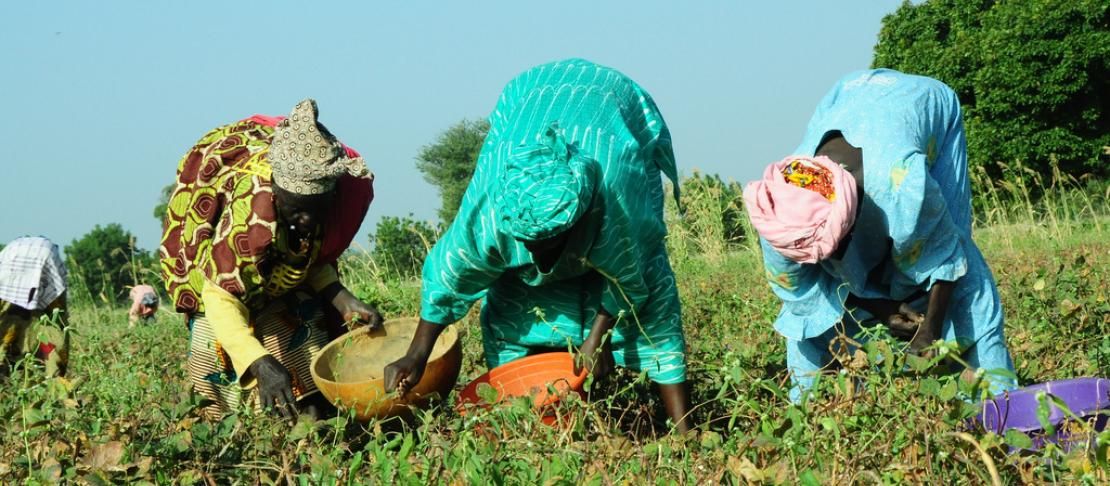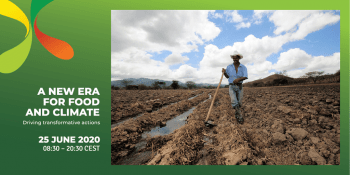Malian women unite to fight against drought

Women in Mali are making considerable efforts to fight against the devastating drought.
Originally published on Reuters Alertnet
In Mali, seed production is often seen as a man’s affair but Sitan Sidibe, a mother of 10 from Ngolobougou village, shows how seeds can be a woman’s business too.
When she noticed that rains were ending 15 to 30 days earlier than usual, when sorghum plants have not yet flowered, she was keen to experiment with early maturing sorghum varieties in her fields. She visited a seed fair organised by the local Dioila farmer organisation (Union Locale de Producteurs de Céréales – ULPC) and bought a 1kg sorghum hybrid seed pack.
These new sorghum hybrids were developed by the International Crops Institute for the Semi-Arid Tropics (ICRISAT) and the Malian Institut d’Economie Rurale and have 40 percent higher yields than the farmers’ best local variety. She convinced ULPC to supply her with 1 to 5 kg seed packs that she sells to her neighbours who wanted to follow her example.
She does not receive any commission for seed sales. She wants her village to have access to better seeds and is proud to be a woman selling seeds to show “she is able to work as a man”.
Eva Weltzien-Rattunde, ICRISAT’s principal sorghum scientist working in Mali for 18 years, pioneered farmer participatory research. She is convinced that women have a lot to say about ways innovations can be introduced in farms in Sahel. From what she sees, women are keener than men to experiment with new seeds and farming practices.
Making nutrition and gender a higher priority in agricultural research will certainly increase women’s contribution to building greater resilience among Sahelien rural families. This will be translated into more entrepreneurial and nutrition-sensitive households, and greater biodiversity on farms.
See Closing the gender gap in farming under climate change: New knowledge for renewed action, including an event in Paris on March 19, 2015.
Read the rest of the story on Reuters Alertnet.
Jerome Bossuet works at ICRISAT as a consultant.



